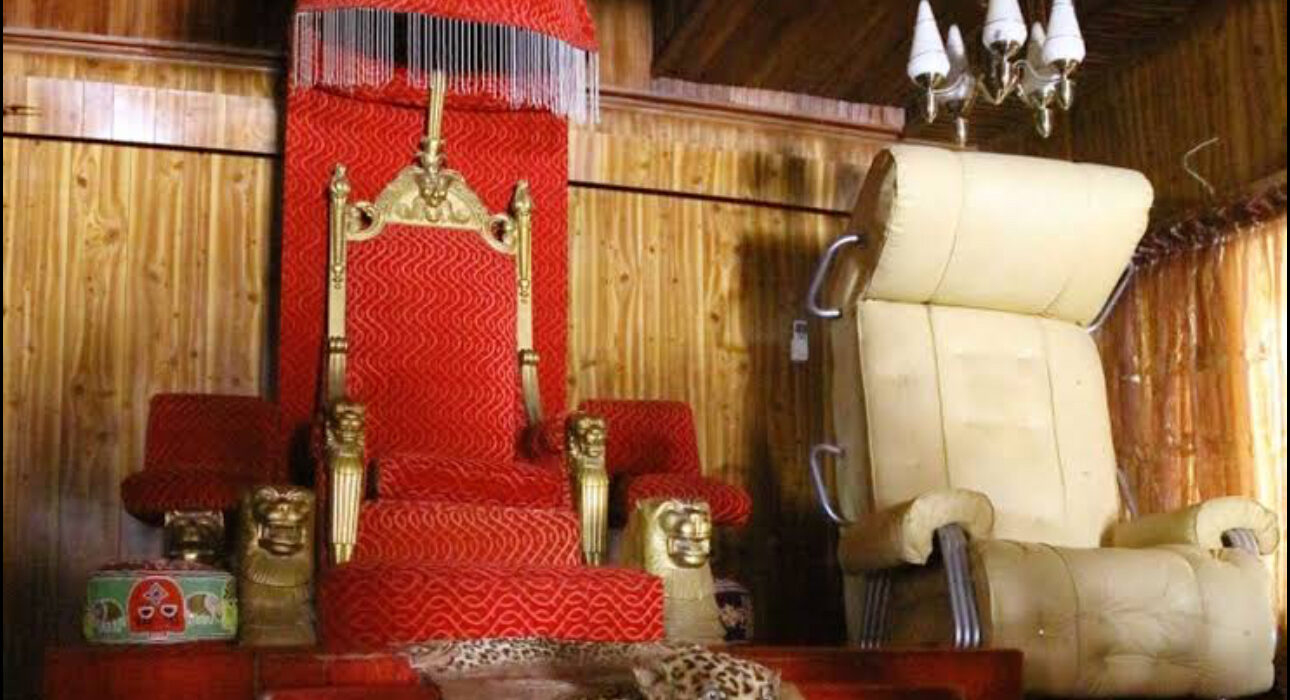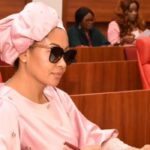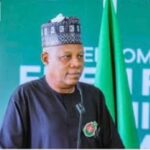50-Year Kingship Tussle in Nri Escalates Amid Deepening Igbo Throne Crisis

A kingship crisis that has lingered for nearly five decades in Nri, one of the oldest and most sacred traditional kingdoms in Igboland, has escalated yet again, as disputes over the rightful succession to the revered Eze Nri throne threaten to plunge the ancient community into deeper division.
The long-standing power struggle pits two sections of Nri town—Agukwu and Akamkpisi-Diodu—against each other, with both sides laying claim to the custodianship of the kingship process.
At the heart of the crisis is a disagreement over the traditional constitution governing succession, and allegations of unilateral actions that violate ancient customs.
The roots of the conflict trace back to 1976, when the then Anambra State military government requested that traditional communities formalize their kingship processes. In response, Agukwu section of Nri submitted a constitution to the state without consulting the Akamkpisi-Diodu community, igniting decades of distrust.
Since then, both factions have contested the right to select or crown the Eze Nri, leading to a succession of disputed coronations and a divided throne.
The Eze Nri, historically more of a spiritual than political leader, holds a unique place in Igbo cosmology. Traditionally viewed as a divine intermediary, the Eze Nri once wielded moral and religious influence across several Igbo-speaking areas.
The enduring crisis, however, has diminished the kingdom’s role in regional affairs and eroded its authority.
Tensions flared earlier this year after the Agukwu section announced Chukwudi Nwokoye as the Eze Nri-elect without the involvement or endorsement of the kingmakers from the Akamkpisi-Umudiana community, who are historically responsible for vetting and confirming candidates for the throne.
In February 2025, the Akamkpisi kingmakers petitioned Governor Charles Soludo of Anambra State, warning of looming instability if the state government recognized what they called an “illegitimate” process.
The petitioners accused Agukwu of violating ancestral procedures and sidelining custodians of tradition.
“The imposition of any candidate without our involvement is a recipe for crisis,” said one of the elders involved in the petition. “Nri is a sacred institution that must not be reduced to political favoritism or community pride.”
Community stakeholders, including traditional titleholders and cultural leaders, have emphasized the need to revisit and amend the disputed 1976 constitution. They argue that the continued rejection of an inclusive framework is responsible for the unending cycle of conflict.
Speaking on the issue, Covenant Asuzu, a respected traditional figure in Nri, stated that the only path to lasting peace lies in a return to equity and collective decision-making.
“The Eze Nri title should be a unifying symbol of our heritage, not a source of division,” Asuzu said. “The entire kingdom must come together to adopt a new constitution that reflects fairness and tradition.”
The ongoing struggle has raised broader concerns among cultural scholars and Igbo historians. Once seen as the spiritual nucleus of the Igbo civilization, Nri’s influence has waned significantly due to internal strife. Experts warn that the erosion of the Eze Nri institution could have long-term implications for the preservation of Igbo cultural heritage and traditional authority.
Observers also fear that modern political interests and interference from external forces—including the police and state authorities—may further complicate efforts to resolve the dispute.
As the crisis drags on, voices from both within and outside Nri continue to call for a mediated resolution. Many are urging the Anambra State government, Ohanaeze Ndigbo, and traditional councils to intervene by convening a neutral platform where all stakeholders can agree on a new, unified traditional constitution.
Until that happens, the Eze Nri throne—once a sacred seat of Igbo moral authority—remains in limbo, caught in a web of contested legitimacy and fractured community identity.
The fate of the 50-year-old kingship dispute now rests on whether Nri’s leaders can rise above history’s divisions to preserve one of Nigeria’s most culturally significant institutions.









